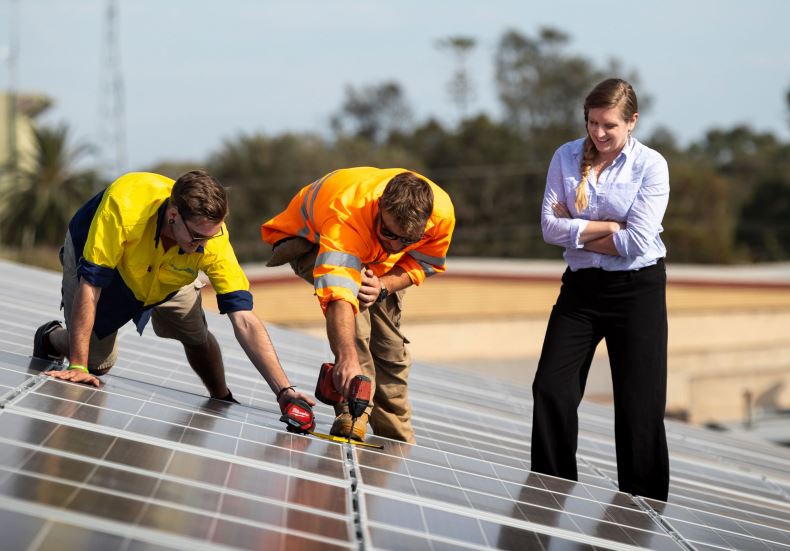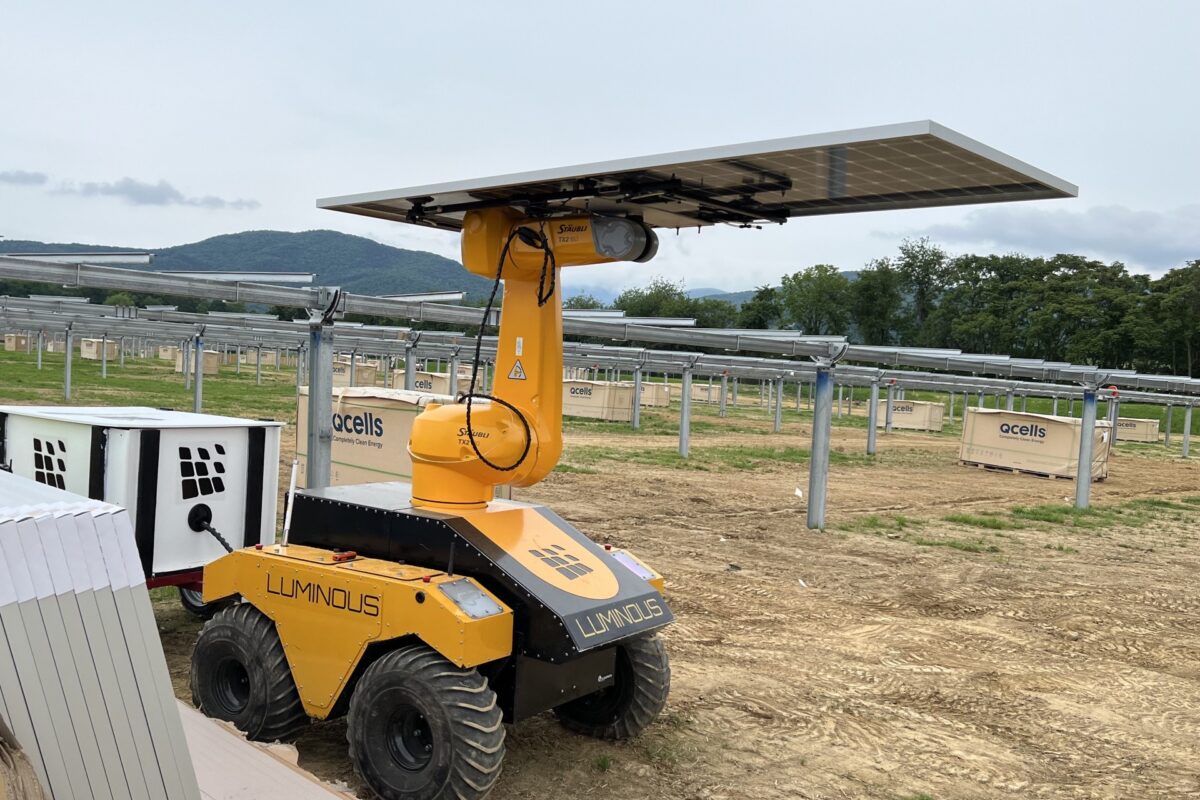Australia’s clean energy watchdog, the Clean Energy Regulator, has issued a notice of intention to disqualify a solar installer from participating in the small-scale renewable energy scheme. It is the first time the agency has sought to exercise its disqualification powers since it was granted that capacity in 2021.
No information has yet been made public about who the installer is, aside from the fact they have been given 28 days to respond to the disqualification notice before a final decision is made.
Prosecution of E Connect Solar
The Regulator has also began prosecutions against E Connect Solar & Electrical Pty Ltd and both the company’s former and current directors. The Regulator claims the company and directions provided false information about who had completed 38 solar PV installations in late 2019 and early 2020, which subsequently led to the improper creation of a number of small-scale technology certificates. Again, these certificates are effectively Australia’s rooftop solar rebate.
The penalty hearing took place in Brisbane’s Federal Court on March 23, though the judge, Justice Derrington, has reserved his decision.
The business has traded under several names, including E Connect Solar, Home Grown Energy, and EConnect Country.
While the company was prosecuted and registered in Queensland, its main place of business appears to have been New South Wales. The Australian Business Register has the main location listed as Newcastle, while another register names Mullumbimby.
E Connect Solar went into voluntary administration early this year. Aaron Lucan of Worrells was listed as appointed liquidator in February, and the Australian Securities and Investments Commission (ASIC) website lists the liquidation date as March 10.
Regulator’s power, and solar prosecutions, ramp up
In 2021, the Clean Energy Regulator stepped up both its powers and its pursuit of prosecutions after taking over as sole regulator of the SRES scheme. At the time, the Regulator told pv magazine Australia, it would begin proactively and directly going after rule-flouting installers.
Since then, legal proceedings have certainly stepped up with the Regulator taking companies across the country to court, mostly for providing false information and generating improper STCs.
The Regulator’s increased powers came into effect from December 2021, though many changes have been rolled out in waves over the subsequent years. These changes were the result of amendments to the Renewable Energy (Electricity) Regulations 2001. The amendments were made in response to the Integrity Review of the Rooftop Solar PV Sector which was published in September 2021.
This content is protected by copyright and may not be reused. If you want to cooperate with us and would like to reuse some of our content, please contact: editors@pv-magazine.com.









By submitting this form you agree to pv magazine using your data for the purposes of publishing your comment.
Your personal data will only be disclosed or otherwise transmitted to third parties for the purposes of spam filtering or if this is necessary for technical maintenance of the website. Any other transfer to third parties will not take place unless this is justified on the basis of applicable data protection regulations or if pv magazine is legally obliged to do so.
You may revoke this consent at any time with effect for the future, in which case your personal data will be deleted immediately. Otherwise, your data will be deleted if pv magazine has processed your request or the purpose of data storage is fulfilled.
Further information on data privacy can be found in our Data Protection Policy.